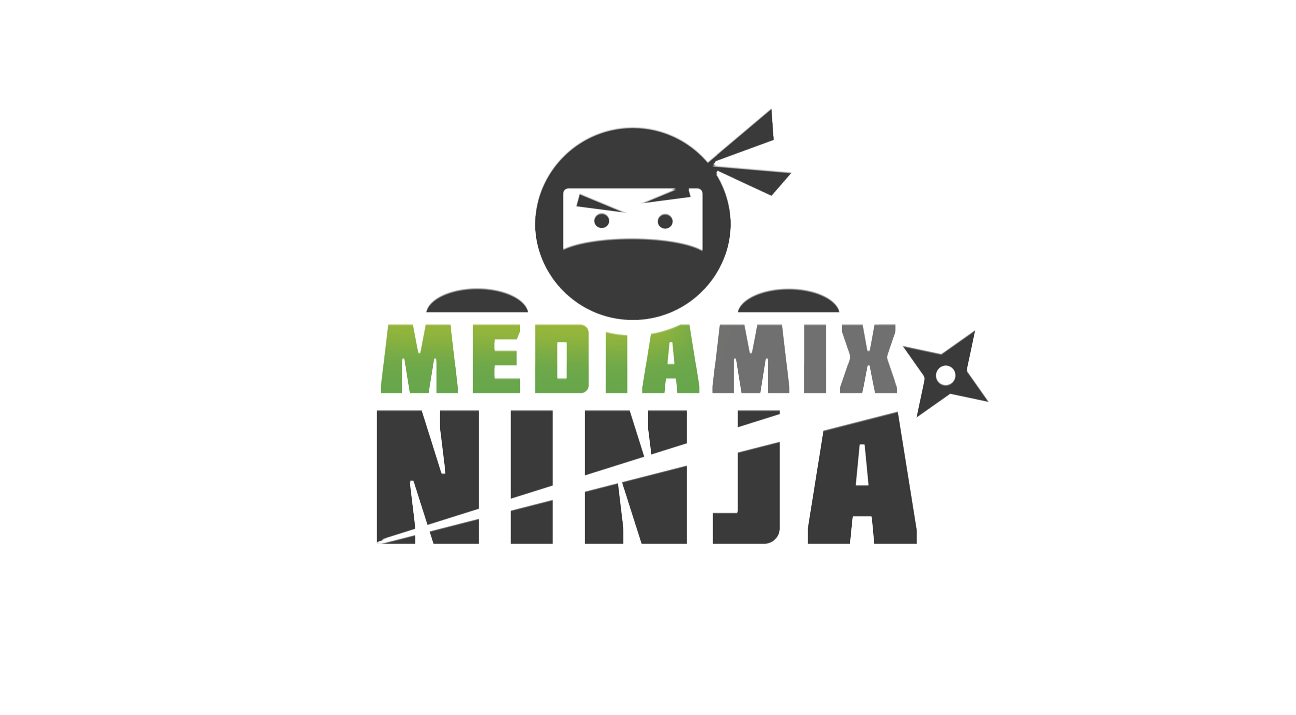Meta (Facebook and Instagram) pay-per-click (PPC) management client onboarding
Here’s a detailed outline for an onboarding process for Meta (Facebook and Instagram) pay-per-click (PPC) management. This will ensure both you and the client are aligned on strategy, goals, and expectations:
1. Initial Client Meeting
- Purpose: Discuss objectives, understand brand, and clarify expectations.
- Discuss Key Information:
- Target audience demographics, psychographics, and any previous customer personas.
- Key products/services to promote.
- Primary business goals (e.g., lead generation, sales, brand awareness).
- Budget allocation for Meta Ads.
- Brand guidelines, including logo, colors, fonts, and messaging.
- Previous PPC efforts and insights (e.g., past campaigns on Meta, Google, etc.).
- Documentation Needed:
- Overview of business history and USP (Unique Selling Proposition).
- Any previous PPC reports or data.
2. Account Access Setup
- Access to Facebook Business Manager:
- Ensure the client has a Facebook Business Manager account.
- Request admin access to their Meta Business Manager and ad accounts.
- Connect Instagram account if it’s not yet linked.
- Confirm Pixel Installation:
- Verify Facebook Pixel is installed correctly on the client’s website.
- Use Pixel Helper or Meta Events Manager to test if events (e.g., page views, purchases) are firing accurately.
3. Ad Account Audit (if applicable)
- Review previous campaigns to identify what has worked and what hasn’t.
- Analyze performance metrics like CPC, CTR, CPA, and ROAS.
- Review ad creative, targeting, and bid strategy.
4. Strategy Development
- Target Audience Segmentation:
- Define audience segments based on interests, demographics, and custom audiences.
- Discuss the use of lookalike audiences for potential expansion.
- Campaign Structure:
- Outline the campaign types (e.g., Awareness, Traffic, Conversion).
- Discuss content types suitable for each (video, carousel, single image).
- Budget Allocation:
- Distribute the budget across campaigns, specifying amounts for top, middle, and bottom-of-funnel audiences.
- Creative Strategy:
- Outline a creative brief (content style, messaging tone, ad types) based on the client’s brand and objectives.
5. Technical Setup
- Conversion Tracking:
- Confirm pixel events are correctly set up to track key actions (e.g., lead submission, purchase).
- Custom Conversions:
- If necessary, set up custom conversions to better track client-specific events.
- Event Prioritization (if iOS 14+ impacts):
- Confirm that the events are prioritized in the Event Manager.
6. Ad Creative Planning
- Creative Requirements:
- Identify the visuals (images/videos) and copy required for the ads.
- Plan for A/B testing multiple creative variations.
- Creative Production Timeline:
- Set deadlines for the client to deliver any assets or approve creatives.
- Landing Page Review:
- Ensure landing pages align with ad messaging and are optimized for conversions.
- Compliance Check:
- Review creatives for Meta’s ad policy compliance.
7. Campaign Build & Launch Timeline
- Campaign Structure Build:
- Set up campaigns, ad sets, and ads in line with the approved strategy.
- Internal Review:
- Conduct a pre-launch review with the client to finalize details.
- Launch Date:
- Confirm launch dates and campaign duration.
8. Performance Tracking and Reporting Setup
- Analytics & Reporting Structure:
- Define KPIs and metrics to track (e.g., CTR, CPA, ROAS).
- Establish weekly or monthly reporting cadence and communication expectations.
- Real-Time Tracking:
- Set up alerts for significant changes in performance.
- Benchmarking:
- Outline initial benchmarks and set goals for improvement over time.
9. Post-Launch Review & Optimization Plan
- Initial Results Meeting:
- Schedule a check-in after the first week to review early performance and discuss potential adjustments.
- Ongoing Optimization:
- Outline a regular schedule for testing new creatives, audiences, and messaging.
- Plan for continuous improvement through optimization of underperforming ads, adjusting budgets, and refining audience segments.
This proven nine-step comprehensive onboarding process for managing Meta PPC campaigns ensures transparency and alignment from start to finish.
Media Mix Ninja
Located in West Fargo, ND
Southwest of Sheyenne Street
1159 Brooks Drive
West Fargo, ND 58078
(608) 856-4652
info@mediamix.ninja
Get in Touch
We would love the opportunity to earn your trust and your business. Please reach out for an immediate conversation to talk about your business and your goals.
